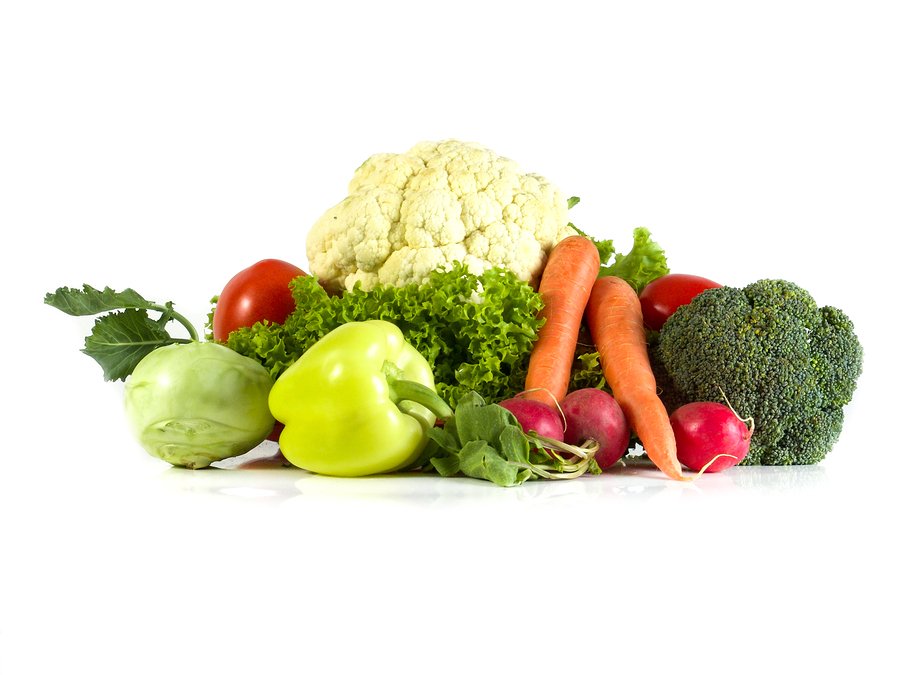As the new year approaches, countless people commit to dietary changes aimed at improving their health. This year, consider adding a few of the following foods, which have been proven to reduce the likelihood of tooth decay and oral cancer:
Cheese
If you are one of the countless people who have an affinity for cheese, you may be in luck. According to research appearing in the journal of the American Academy of General Dentistry, cheese might be able to help ward off cavities by raising the pH in a person’s mouth. Cheese is also rich in calcium, which can help reinforce tooth enamel.
Yogurt
Like cheese, yogurt is rich in calcium. At the same time, it also contains beneficial bacteria that can help take up oral space, which would otherwise be occupied by harmful bacteria. If you do decide to eat more yogurt in the new year, just be sure to select a plain variety without added sugar.
Apples
High in water and fiber, apples increase saliva production, which helps to rinse away food particles and bacteria. Because they have a fibrous texture, apples also stimulate the gums and give your teeth a nice gentle scrubbing.
Carrots
Just like apples, carrots are rich in fiber. This creates a natural crunchiness that increases saliva production within the mouth. They are also rich in vitamin A, which promotes healthy mucous membranes and helps to maintain salivary flow in the mouth.
Celery
This crunchy vegetable has natural characteristics that help it scrape away bacteria and food particles. It’s also rich in vitamins C and A, which help to promote oral health.
Cruciferous Vegetables
Low in calories and rich in in nutrients, cruciferous vegetables offer significant health benefits. In addition to improving your general health, foods such as kale and broccoli promote good oral health in a number of ways. For one, they are rich in vitamin C, vitamin A, beta carotene, calcium, phosphorus and magnesium. At the same time, research has shown that cruciferous vegetables can also reduce a person’s risk of oral cancer.
Limiting Alcohol
While most people are able to tolerate small amounts of alcohol without health issues, too much can increase your risk of oral cancer. According to research, about seven in ten people diagnosed with oral cancer are heavy drinkers. This risk goes up even more among smokers who drink. If you regularly consume alcohol, consider cutting back during the new year. This can help improve your overall health, while also reducing your risk of developing oral cancer.

